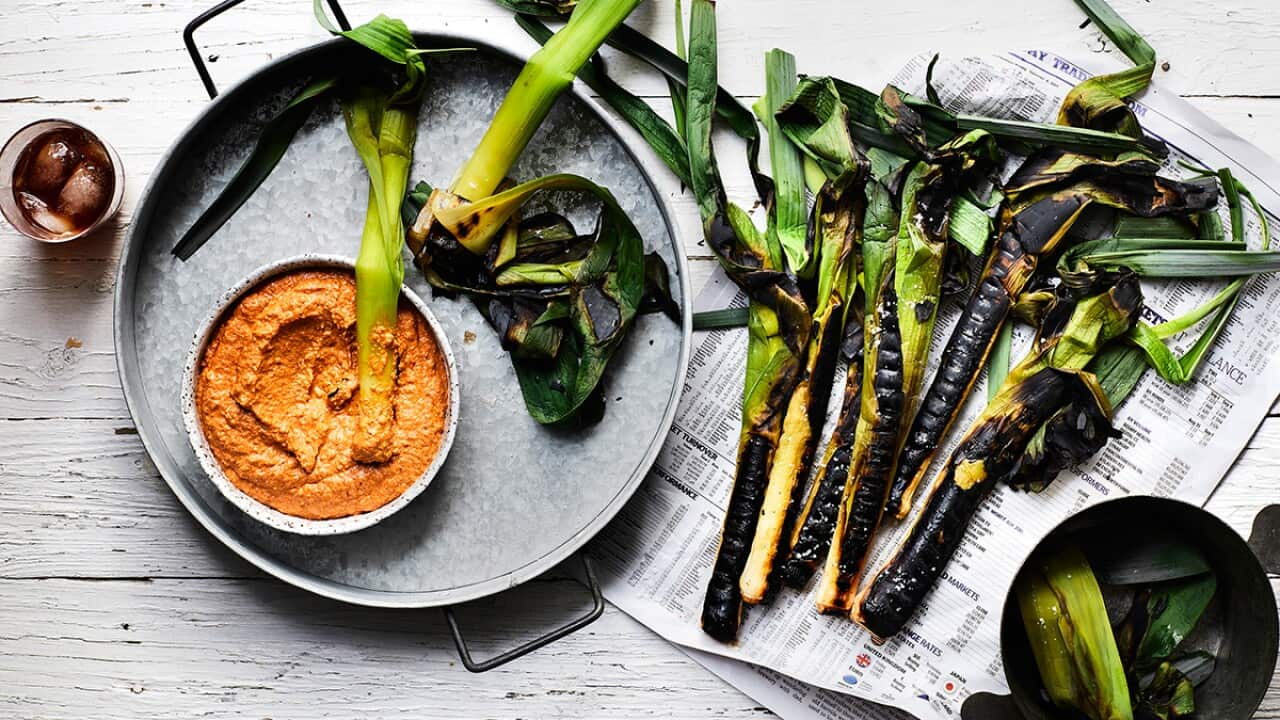The sour taste of your food and drink may encourage you to take bigger risks, according the new results of a study from the UK.
The research, published in Nature's Scientific Reports this month, compared sour flavours against the sweet, umami, salty and bitter tastes to determine the whether eating sour food changes our behaviour.
The test was conducted on participants in two locations – 71 people in Vietnam and 70 in the UK – who were all aged around 20-years-old.
Participants were instructed to consume a drink that was either sour, sweet, umami, salty or bitter before taking part in a computerised gambling task. In the game, participants were asked to pump up a balloon to potentially receive a monetary reward that increased as the balloon increased in size.
They then played a gambling game, which involved pumping up a balloon. If they burst the balloon in their pursuit to win more, they actually got nothing at all.
Risky behaviour was defined based on the number of times the participant clicked to pump up the balloon.
The results showed that participants who sipped the sour drink were almost twice as risky in their actions as the others, pumping the balloon 40 times compared to people who had other drink flavours and only pumped the balloon 20-30 times.
“Here, we demonstrate for the first time that sour - amongst the five basic tastes (sweet, bitter, sour, salty, and umami) - promotes risk-taking,” the study lead by Chi Thanh Vi reads.
“We show that sour has the potential to modulate risk-taking behaviour across two countries, across individual differences in risk-taking personality and styles of thinking (analytic versus intuitive).
“Modulating risk-taking can improve everyday life for a wide range of people.”
Knowing that sour promotes a riskier behaviour, it allows us to explore suggestions to either promote or inhibit risk-taking behaviour through employing a sour-reduced or sour-enriched diet.
The authors say that sour tastes could be used to encourage people who are naturally risk-averse to take more risks that are beneficial to their lives and learn to navigate new circumstances.
“Sour does not provoke people to indulge in reckless risky habits, but has unique attributes to modulate risk-taking and may encourage risk-averse people to take new opportunities and potentially lead to a happier life,” the paper reads.
They also suggest that people who are risk-averse – including those who live with anxiety or depression – might benefit from a sour additive in their diet.
“Knowing that sour promotes a riskier behaviour, it allows us to explore suggestions to either promote or inhibit risk-taking behaviour through employing a sour-reduced or sour-enriched diet.
“Thus, instead of avoiding risk, sour could reinforce a desired behaviour without putting people at risk and encourage, especially risk-averse people, to take new opportunities and support self-improvement (example, to leave the house or talk to a stranger).”
More research is needed to explore the cross-cultural effects of the sour taste on risk-taking.
Share
SBS Food is a 24/7 foodie channel for all Australians, with a focus on simple, authentic and everyday food inspiration from cultures everywhere. NSW stream only. Read more about SBS Food
Have a story or comment? Contact Us






